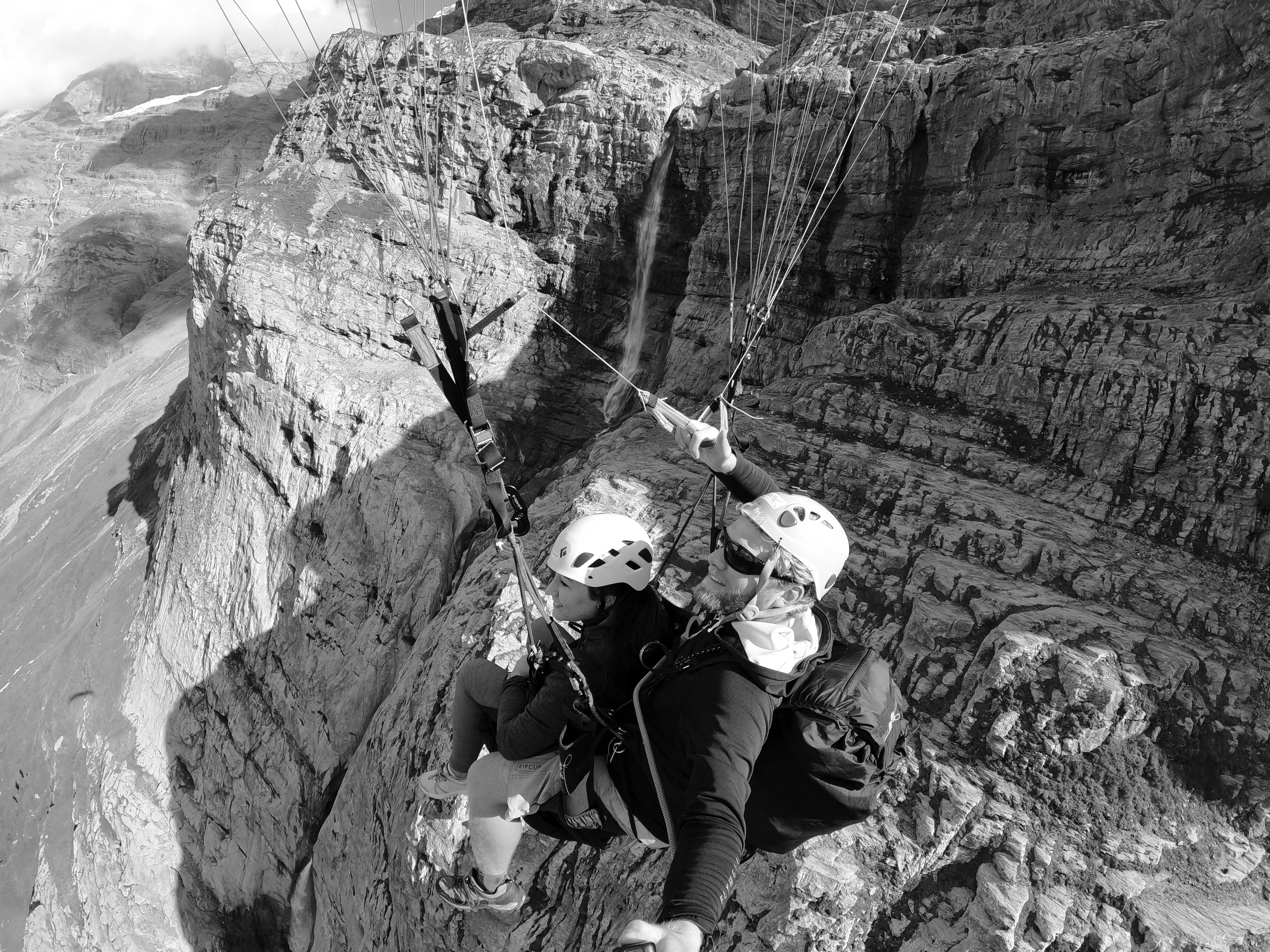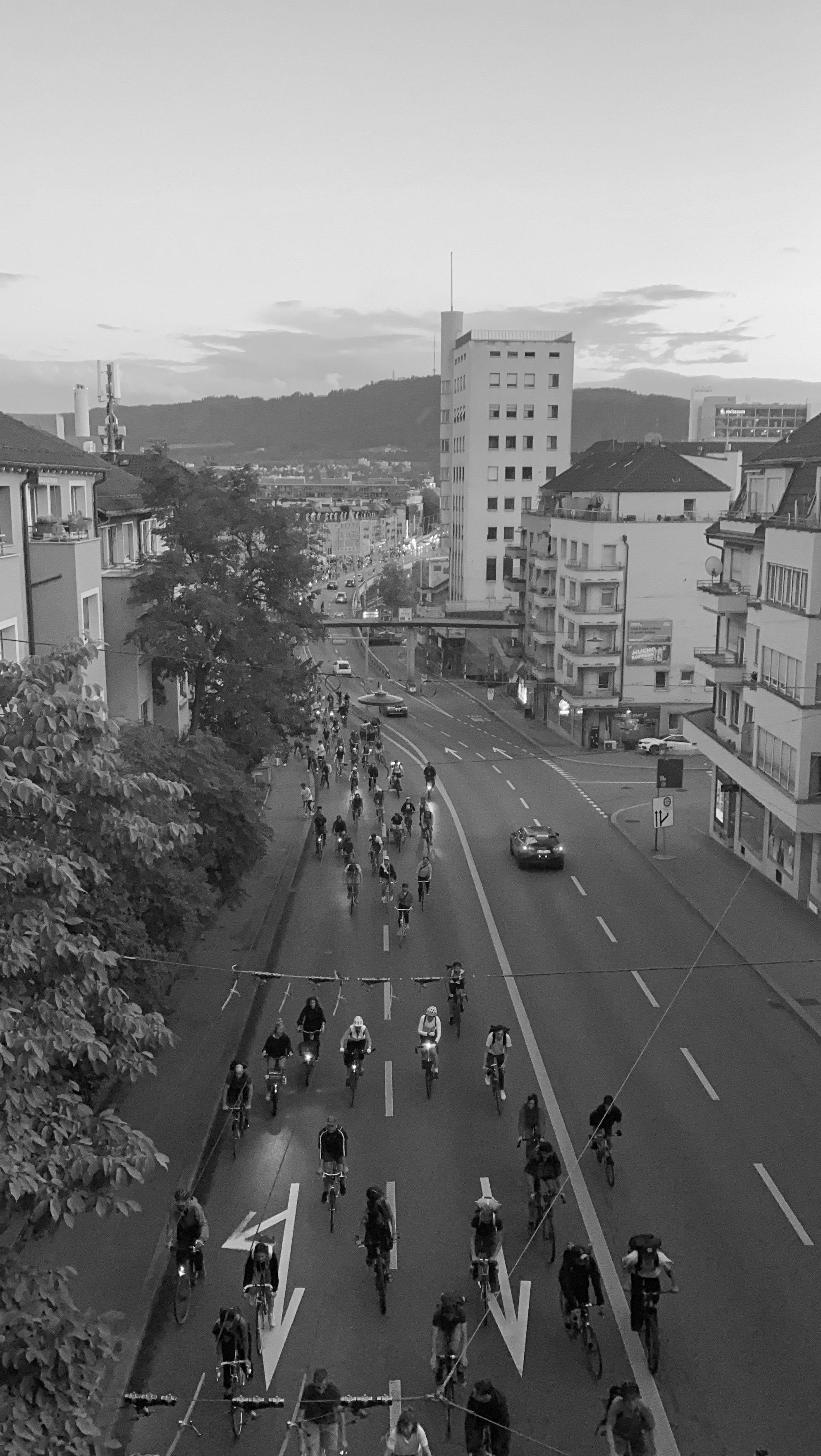Switzerland
Final stop: Switzerland
My last stop on my Watson. I was incredibly excited to begin my stay in Zürich, as I had been looking forward to working with Prof. Nick Bokulich and his research group since I began planning my Watson in June 2020. I would also finally get to uncover the microbial populations that were inside my samples from the past six countries. When I applied to the Watson, I was hoping to get about 5-10 yogurt samples from each stop. I ended up getting around 350 total – and only ten are yogurt! Around April, when it became apparent I had many more samples than originally thought, I cold-emailed DNA sequencing companies asking if they could donate sequencing reagents to my project. I had no luck until I reached out to all my mentors from undergrad, and found one of my professors knew someone at Illumina in the UK. I met with them over Zoom, but it worked out that I could make a day trip to Cambridge to discuss with them while I was in the UK. One of the researchers came with me on a cheese sampling trip, and loved the project idea so much, we worked out a partership for the DNA sequencing!
But first, a little bit sappy.
Throughout my Watson, I have been incredibly humbled and honored by how much help I have received from so many people. Thank you to everyone who welcomed me into their fermentation spaces, shared their stories, opened their labs to me, sent me scientific equipment, and so much more. This was especially true for countries that were not on my original proposal, because I was relying on connections that I had most often made over email just a couple of weeks prior to entering a country. I had no official backing from a research institution or University (my Caltech email was deactivated and I had no Harvard email until June of this year). Instead, the story of a solo traveling scientist with a compelling story and loads of persistence actually resonated with many of the people I met along the way.
At first, it was unsettling to represent myself wherever I went. I put a lot of pressure on myself to act properly when meeting, well, almost anyone. I think there are a few reasons for this. The first is that I was reliant on the people I met to help me with my project. In my mind, one wrong word or unknowingly offensive cultural cue to a food science professor in a given country could mean that everyone involved with fermentation in that country would suddenly shun me. The next reason stems from an undercurrent of general confusion when I explain what the Watson is. In the first few transitions, I encountered a couple of people who were adamant that this was “just a vacation”. While I am grateful to have had days of unbelievable freedom and exploration, a bulk of my time was devoted to my project, collecting and analyzing samples, and learning about fermentation science. The last reason is that I had trouble coming to terms with how lucky I was to be born in a country where the Watson exists, where the passport allows me to travel virtually anywhere, and where the first language I learned is expected to be spoken in most academic and business situations. I often expressed how I wish I spoke Mandarin, Thai, Icelandic, Swiss-German, and was usually met with, “Well you are going to so many different places, you can’t be expected to learn all of them.” While this is true, the majority of people I met during my Watson were at least fluently bilingual and much more aware of global politics.
For nostalgia’s sake, here’s a final recap:
December 2021:
- Center for Biological Innovation with Prof. Jean-Yves Bouet. Toulouse, France.
January 2022:
- Omicron surge – research on hold. Became a 200 hour Certified Yoga Teacher. Rishikesh, India.
February 2022:
- National University of Singapore with Prof. Fun Man Fung. Singapore, Singapore.
March 2022:
- Vidyasirimedhi Institute of Science and Technology with Prof. Chayasith Uttamapinant. Rayong, Thailand.
- National Center for Genetic Engineering and Biotechnology with Prof. Monchaya Rattanaprasert. Bangkok, Thailand.
April 2022:
- University of Limerick with Prof. Yannis Zabetakis. Limerick, Ireland.
- Imperial College London with Prof. Tom Ellis. London, UK.
May 2022:
- University of Iceland with Prof. Snædís Björnsdóttir. Reykjavík, Iceland.
June - August 2022:
- ETH Zürich with Prof. Nicholas Bokulich. Zürich, Switzerland.
Back to regularly scheduled programming
I will circle back to Switzerland now. One of my labmates knew someone leaving Zürich for the summer, so I was able to sublease his room from him, though it wasn’t available for my first week there. So, I stayed with a different lab mate in her “WG”, which is a social young persons house for students and those making under a certain salary. Zürich sets aside a certain number of buildings for these affordable housing for youths, and it was fantastic! I was a bit shocked when she told me 45 people lived there with only one kitchen, but it was honestly industrial-sized. My room for the rest of summer was also in a WG, but only 20 people.
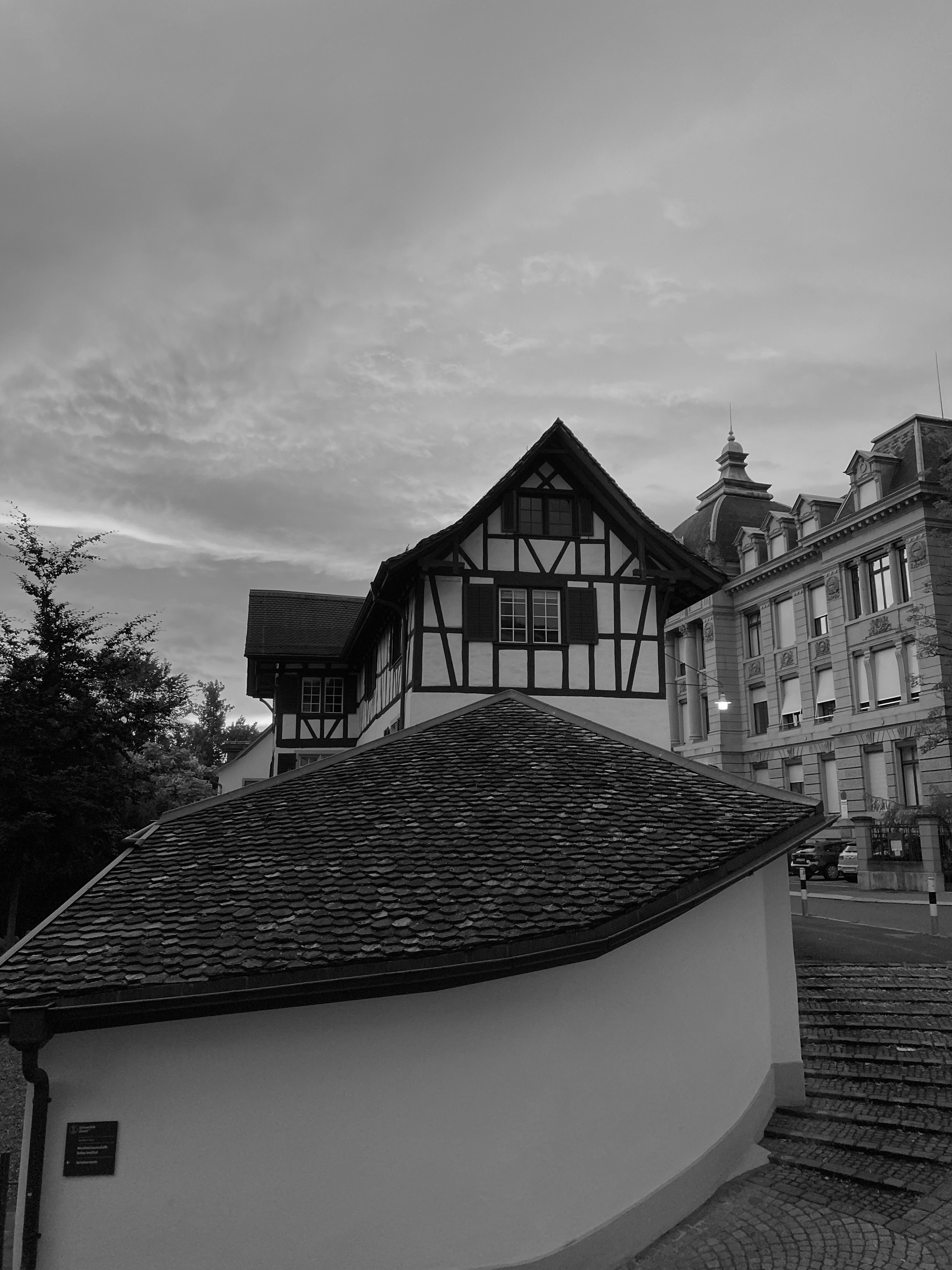
My lab was one of the highlights of my time in Zürich! Everyone was so friendly and excited to help with my project. I spent a solid 6 weeks in lab almost every day during the week just cranking out the preparation of my DNA for sequencing. I chose to do three types of sequencing: 16S (amplifying the bacteria in the sample), ITS (amplifying the fungi in the sample), and shotgun metagenomics (amplifying all the DNA in a sample). While the first two will give us a quicker analysis of the microbial community, it won’t be able to tell us what’s happening on other parts of the genome. The metagenomics is where we may be able to resolve some interesting new strains or mutations between samples of similar types. While I had done 16S and ITS sequencing before, the shotgun was entirely new to me, and takes about three times as long as the other two to prepare. Even with a lab liquid handling robot that my amazing labmate, Lena, taught me to use, it still took me full-length days during the span of a month to complete.
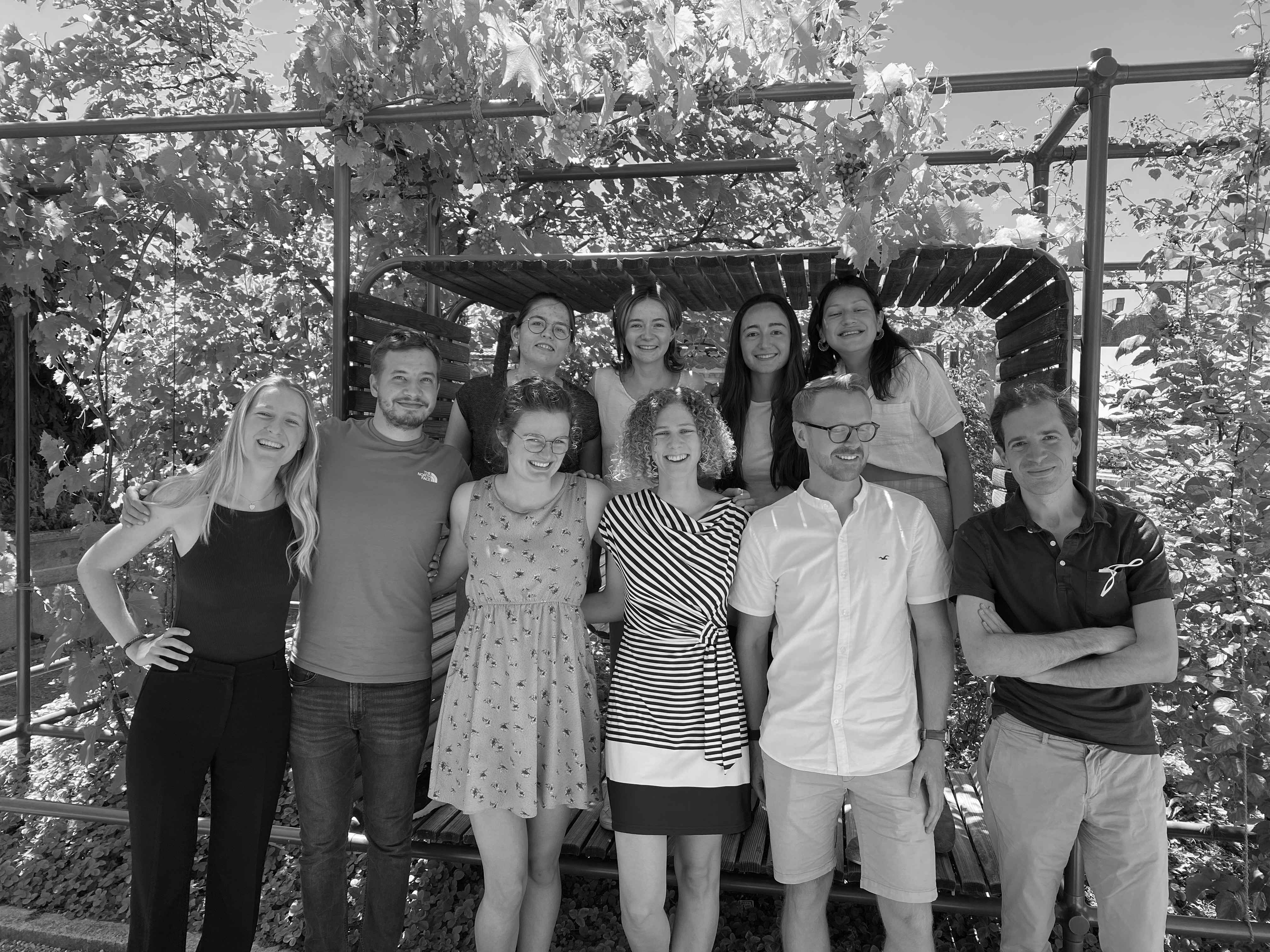
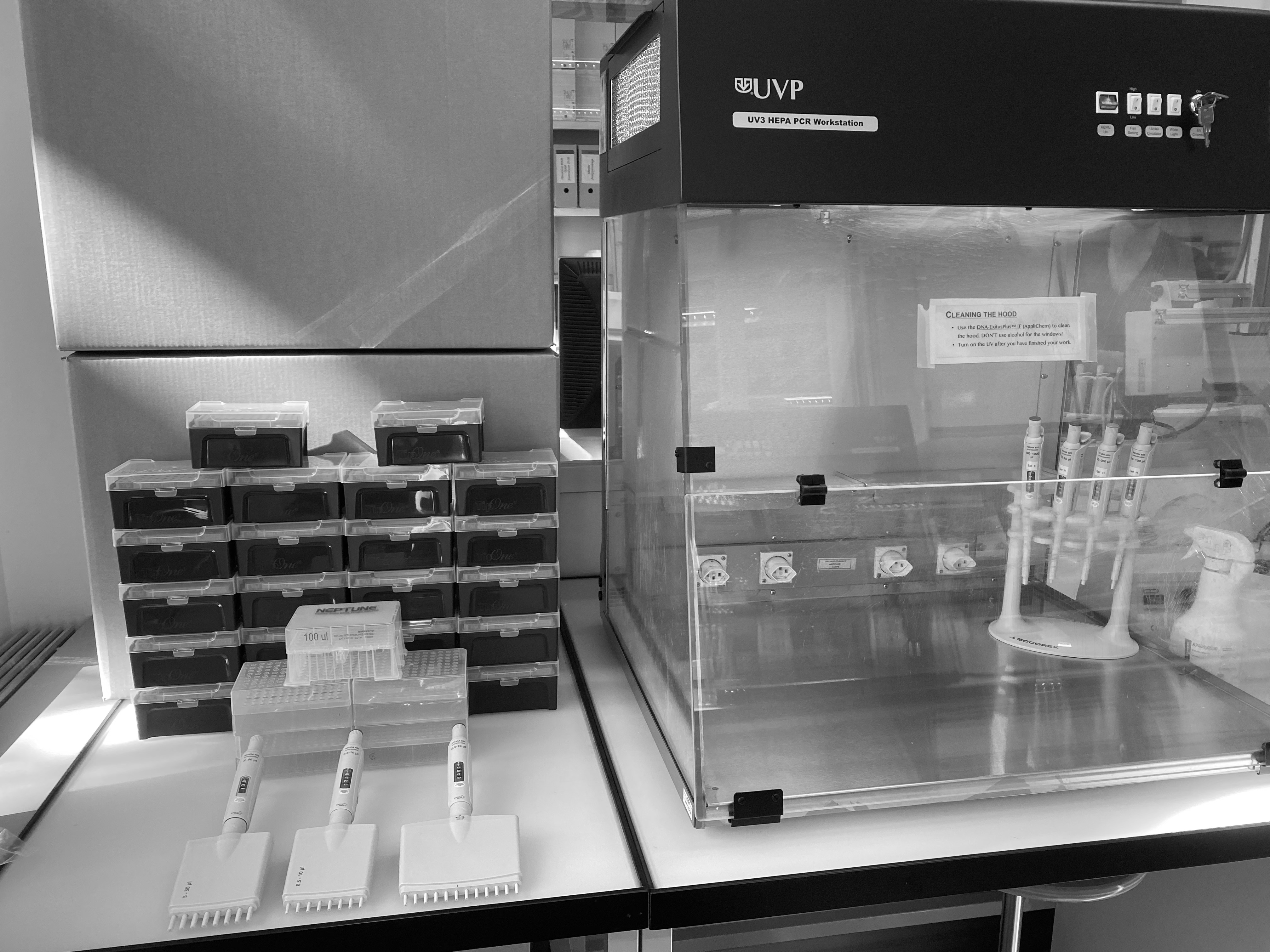
During the weekends, I traveled all around Switzerland and surrounding areas. I bought a Eurail pass to encourage myself to travel (for anyone interested, I got the 2 month continuous global pass for $556) and was traveling almost every weekend.
Cheese van in Lake Como
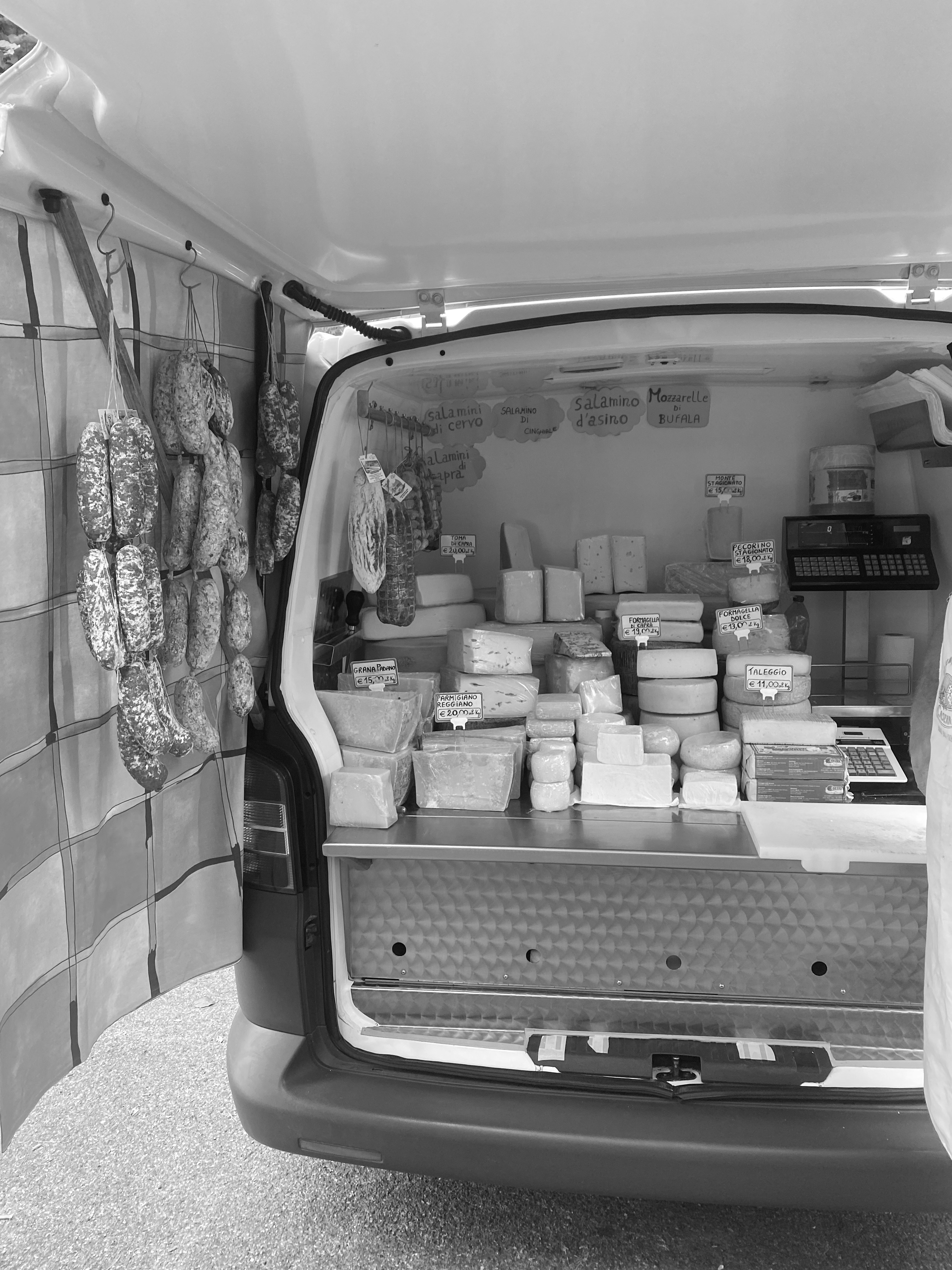
Sunset in Venice
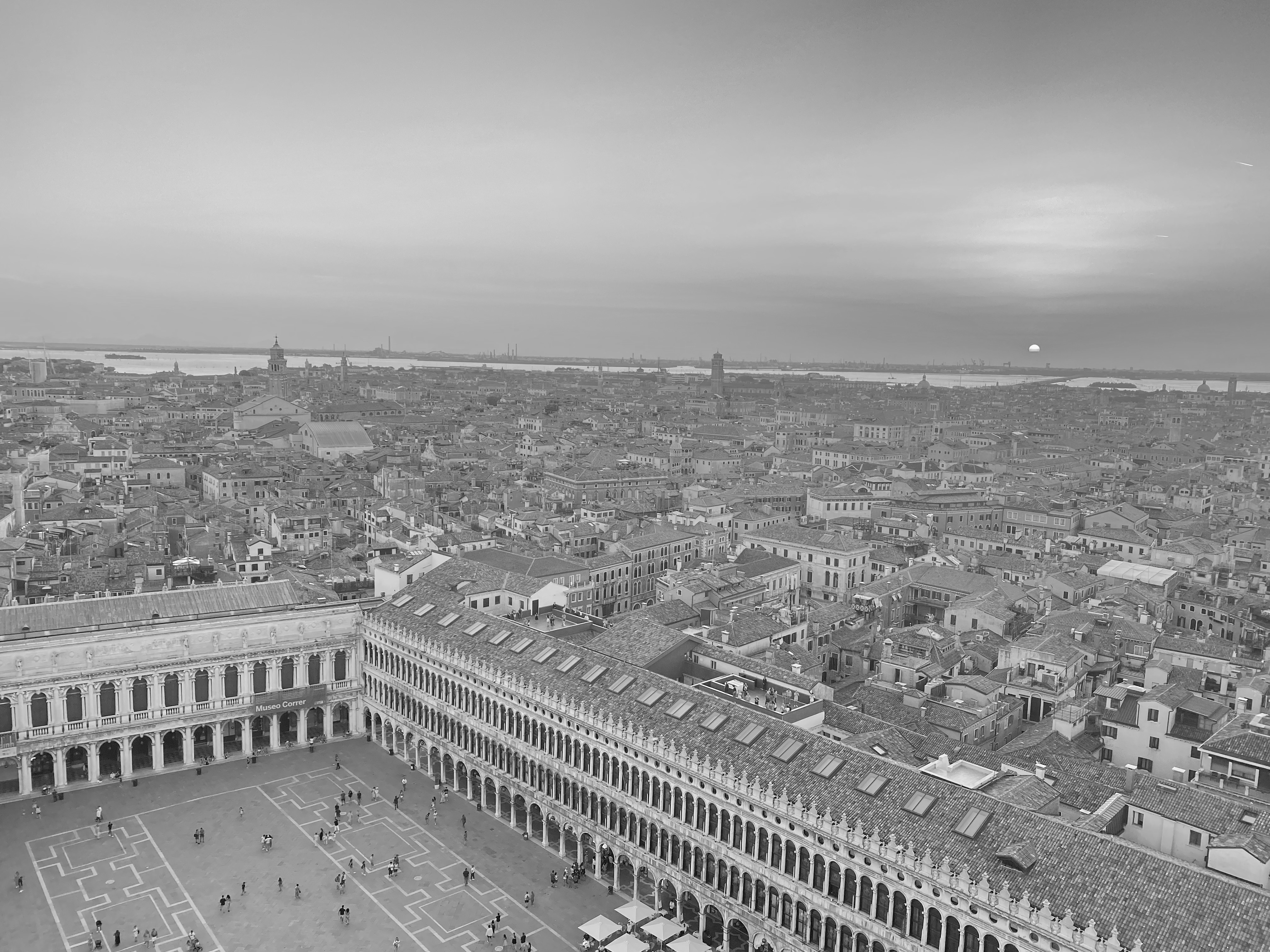
A very warm day in Sirmione
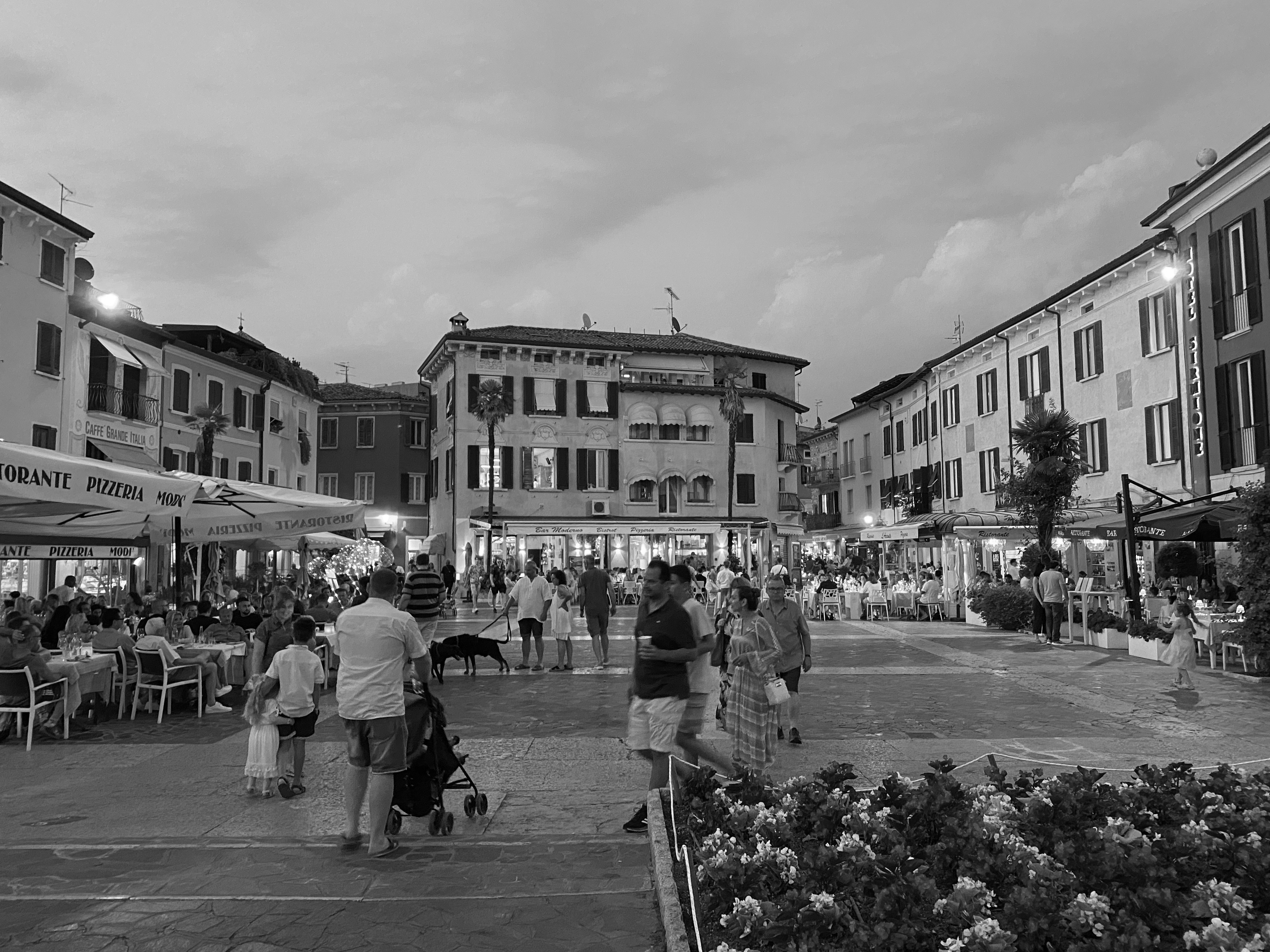
A lovely weekend in Alsace
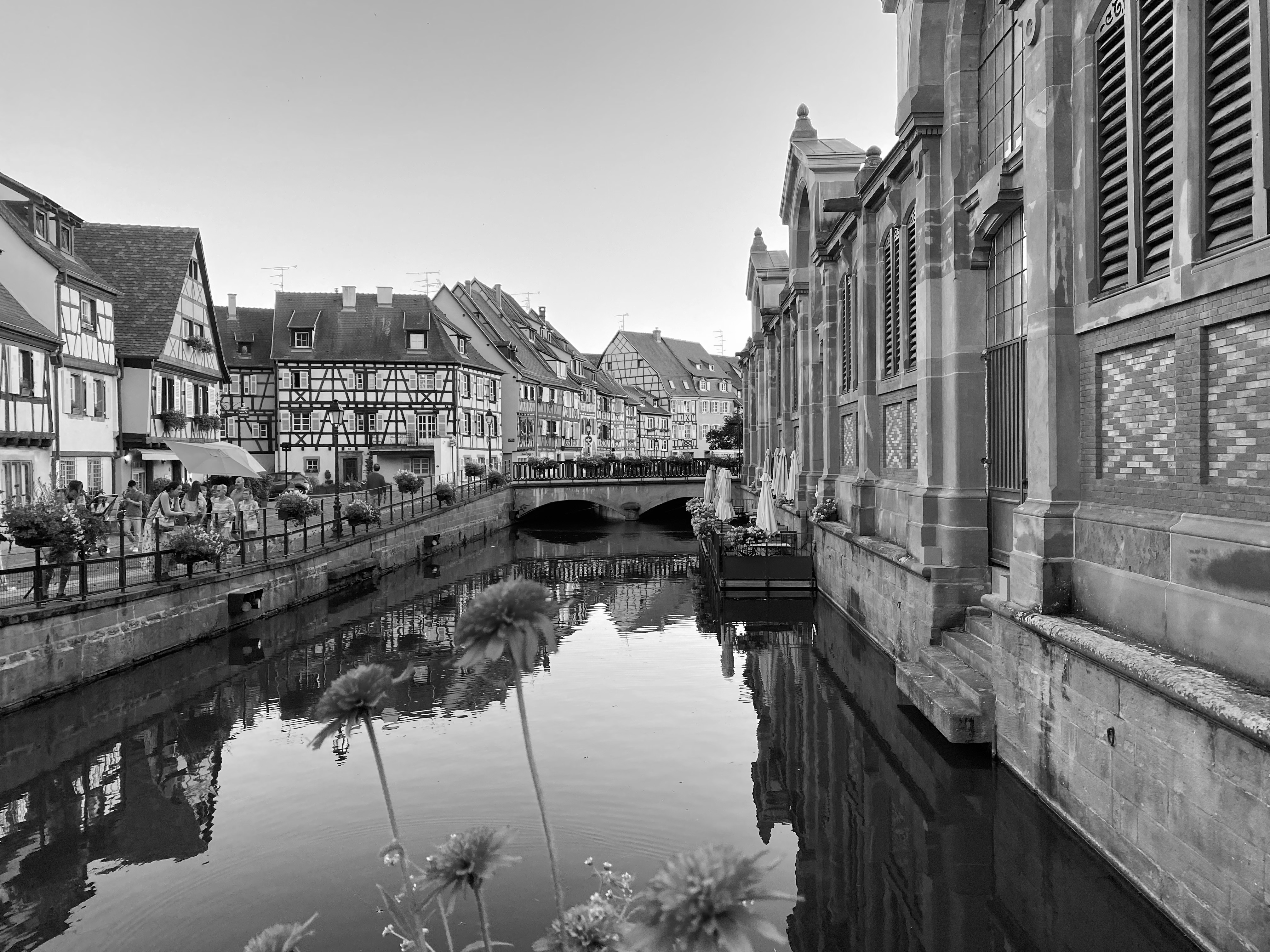
Paragliding in Lauterbrunnen
Biking with friends during Critical Mass, when biking takes over the city
Matterhorn
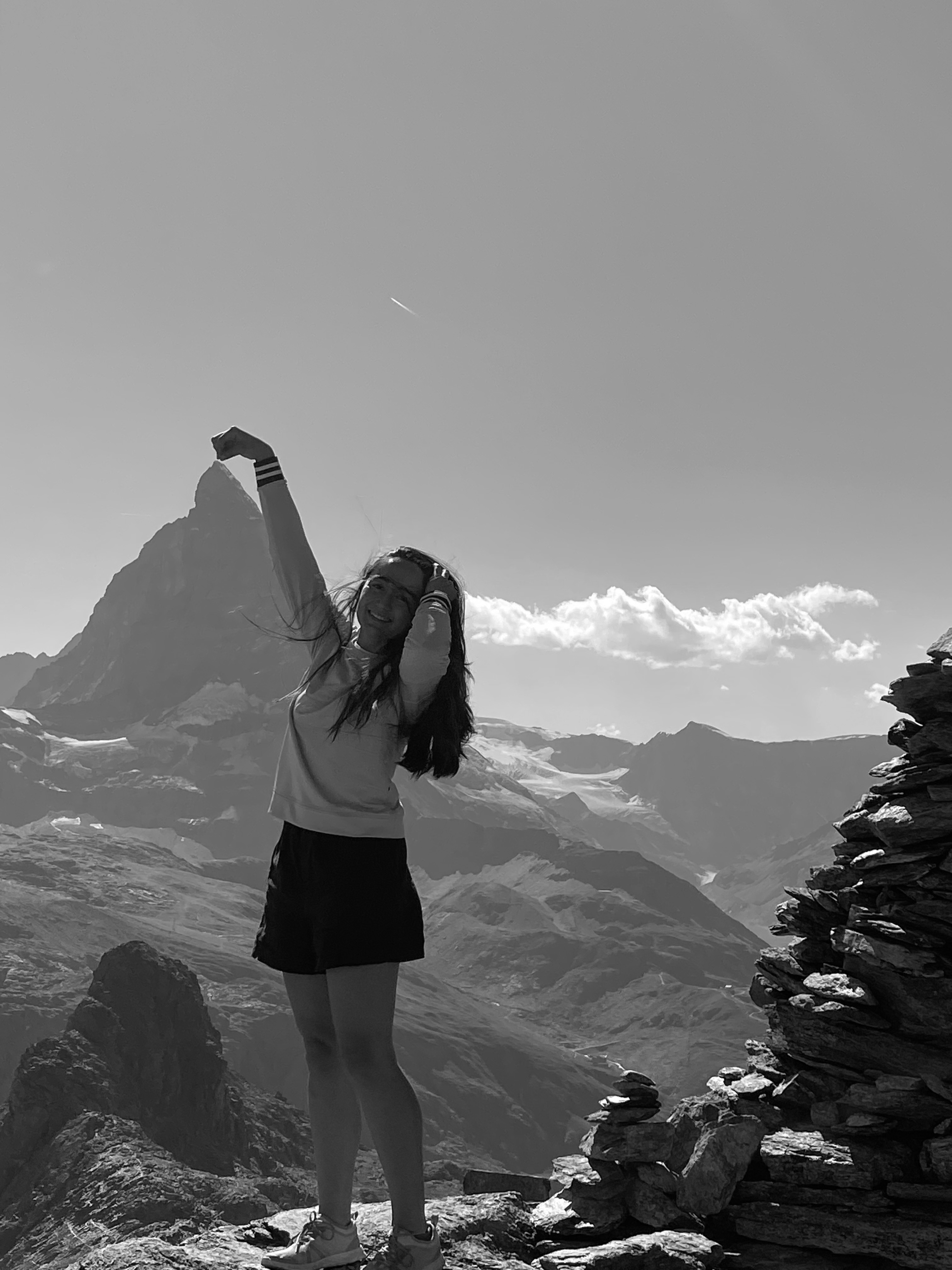
One of Switzerland’s famous trains, the eight hour Glacier Express
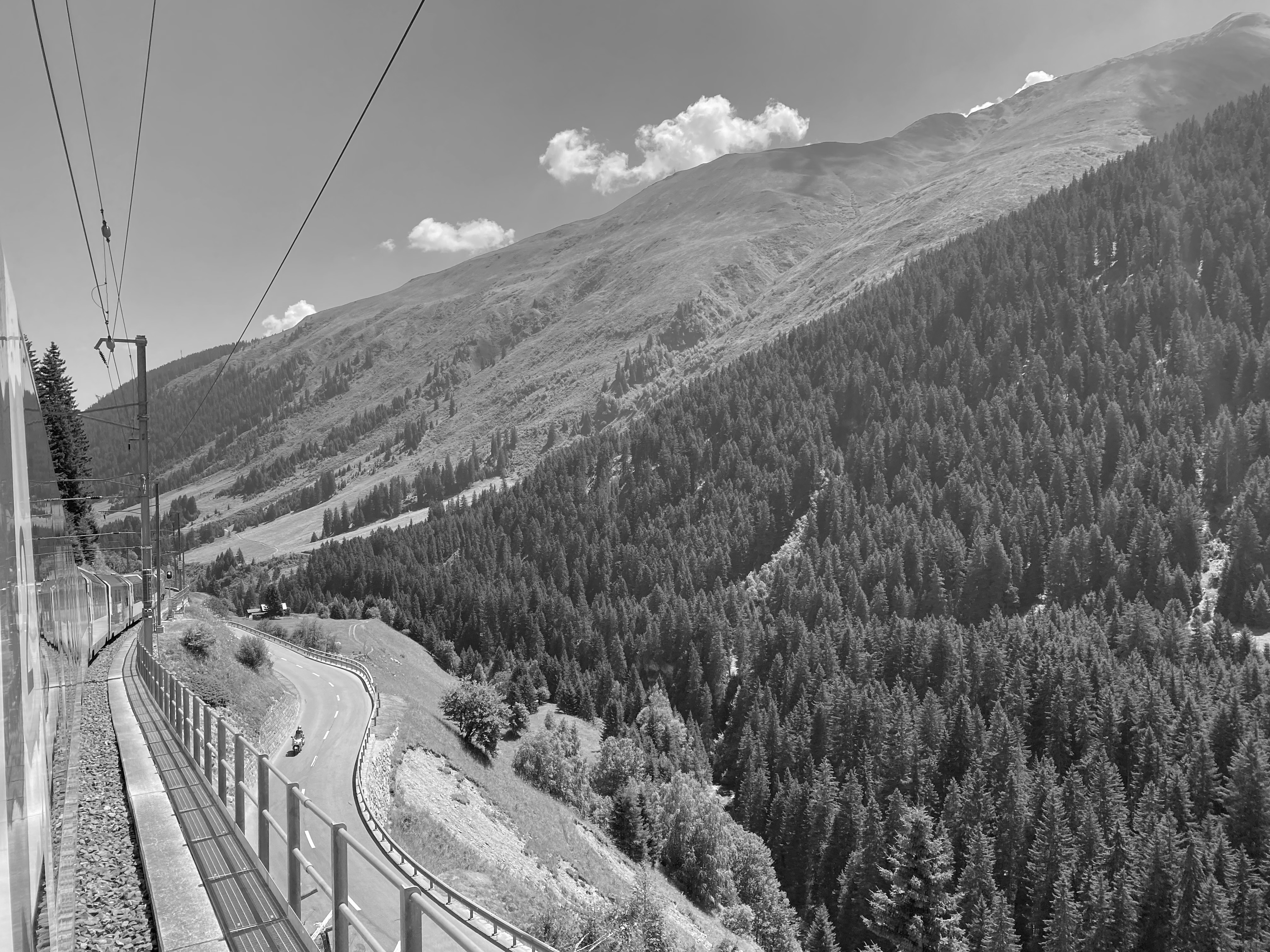
Floating in the Aare in Bern
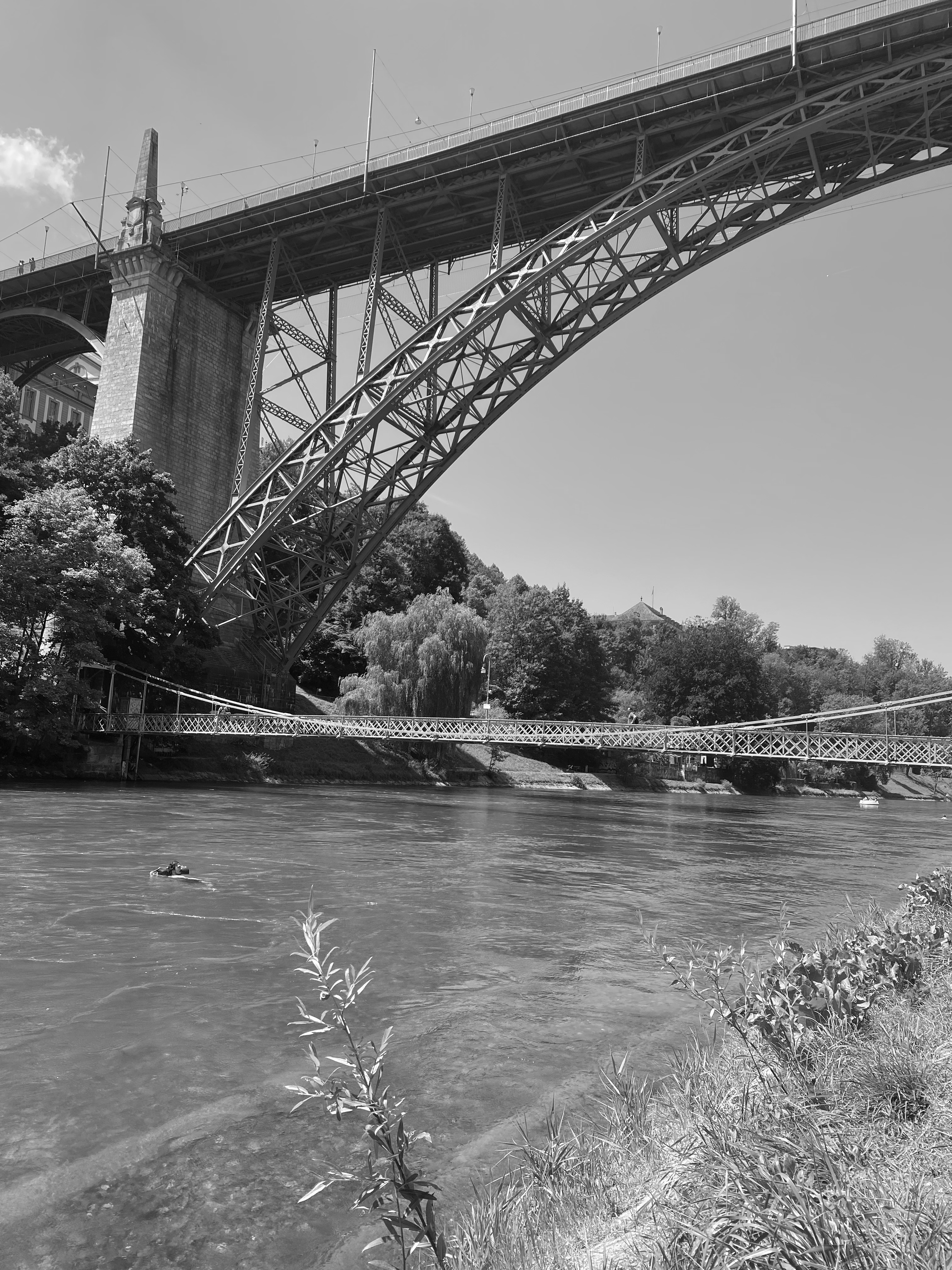
And many more unpictured memories here. Some of my other favorite times were getting visits from a few of my very close friends (some from home and a new friend I met in India!).
Once my lab work was finished, a few labmates and I planned a cheese sampling trip in Western Austria and North Italy. We rented a car (automatic so I could drive too!), and visited some remote farms to collect samples. This was truly a treat, since they could speak local dialects, and we were able to really understand what drives raw cheesemaking in those areas. I was very grateful they took their time to speak with us.
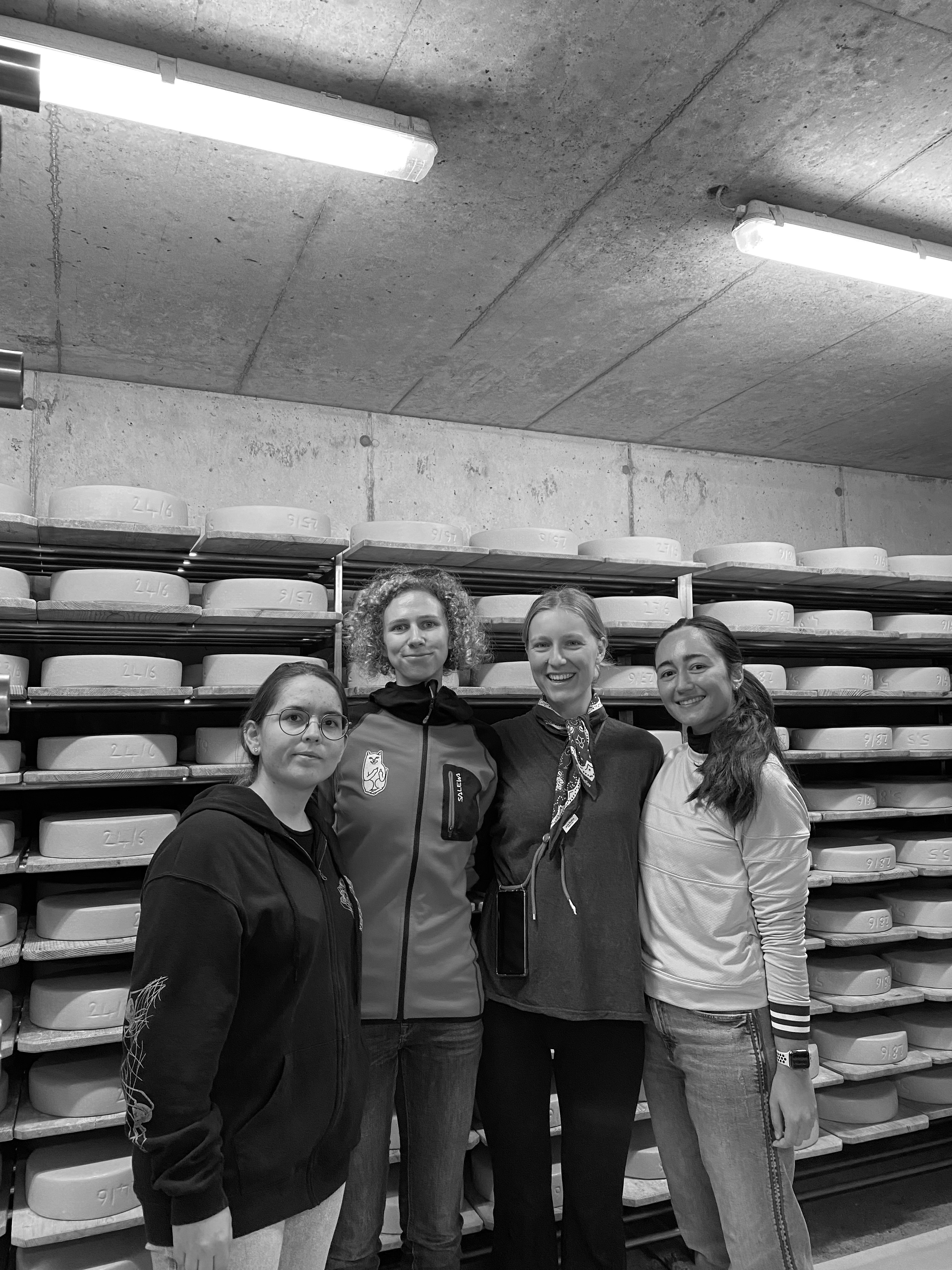
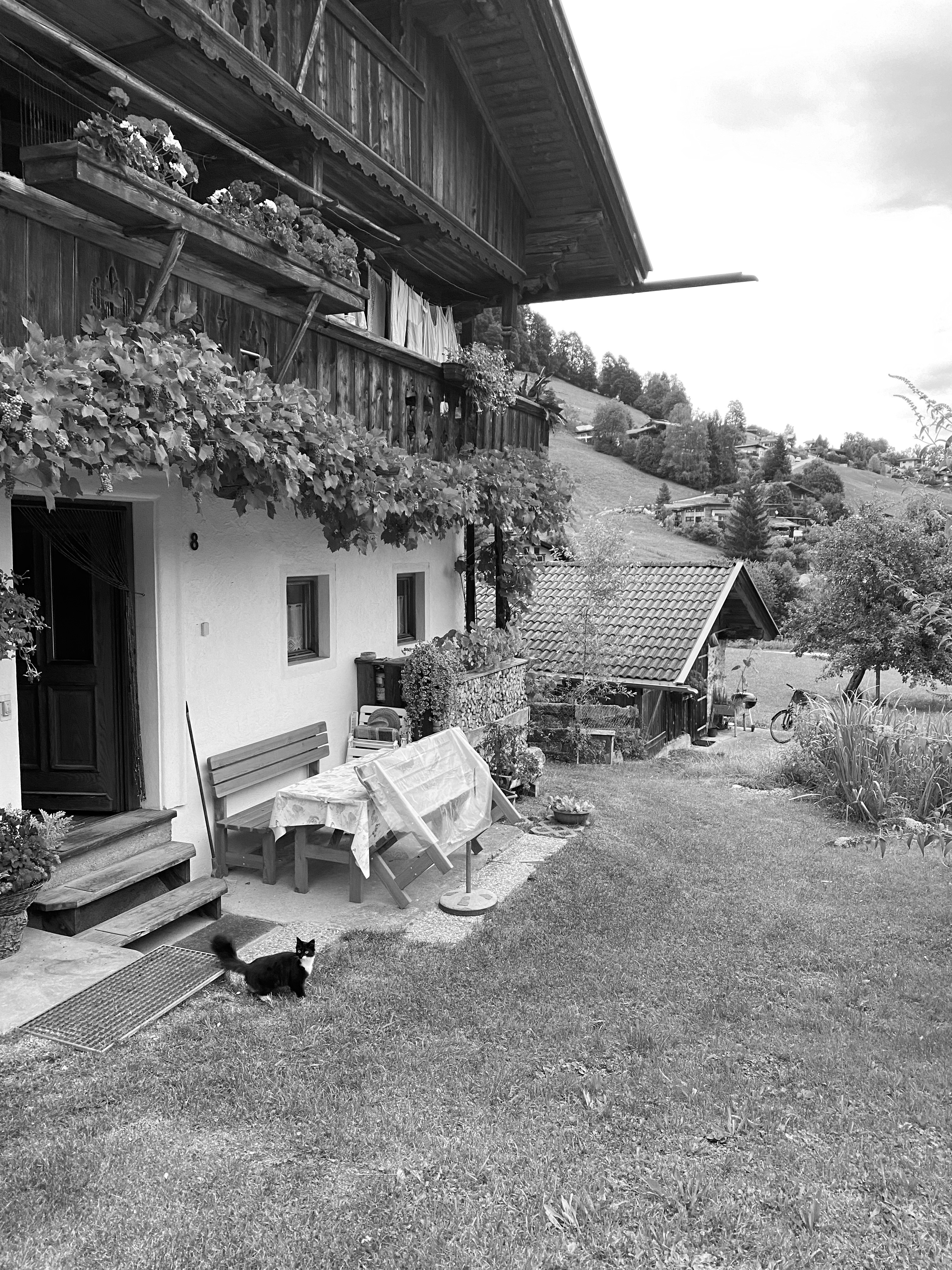
During the last week Watson, my lab was on summer holidays and I had the itch to do something spontaneous. Something about the Watson ending and it being a few months shorter than I had hoped. I woke up on a Saturday morning and booked an afternoon flight to one of the cheapest destinations from Zürich. (Really, I made a list of the destinations with flights under $200 and picked somewhat randomly). I went to Croatia and enjoyed some scuba diving in Hvar for a few days, then came back to Zürich and packed up and flew home a couple of days later. That was one of the most exhilarating experiences I have ever had and definitely something I never would have trusted myself to do before my Watson. I learned to believe in my ability to figure out any obstacle that comes my way, even if I haven’t spent months planning, making pro-con charts, and reading advice from someone online. It is an incredible change from how I saw myself before starting my Watson.
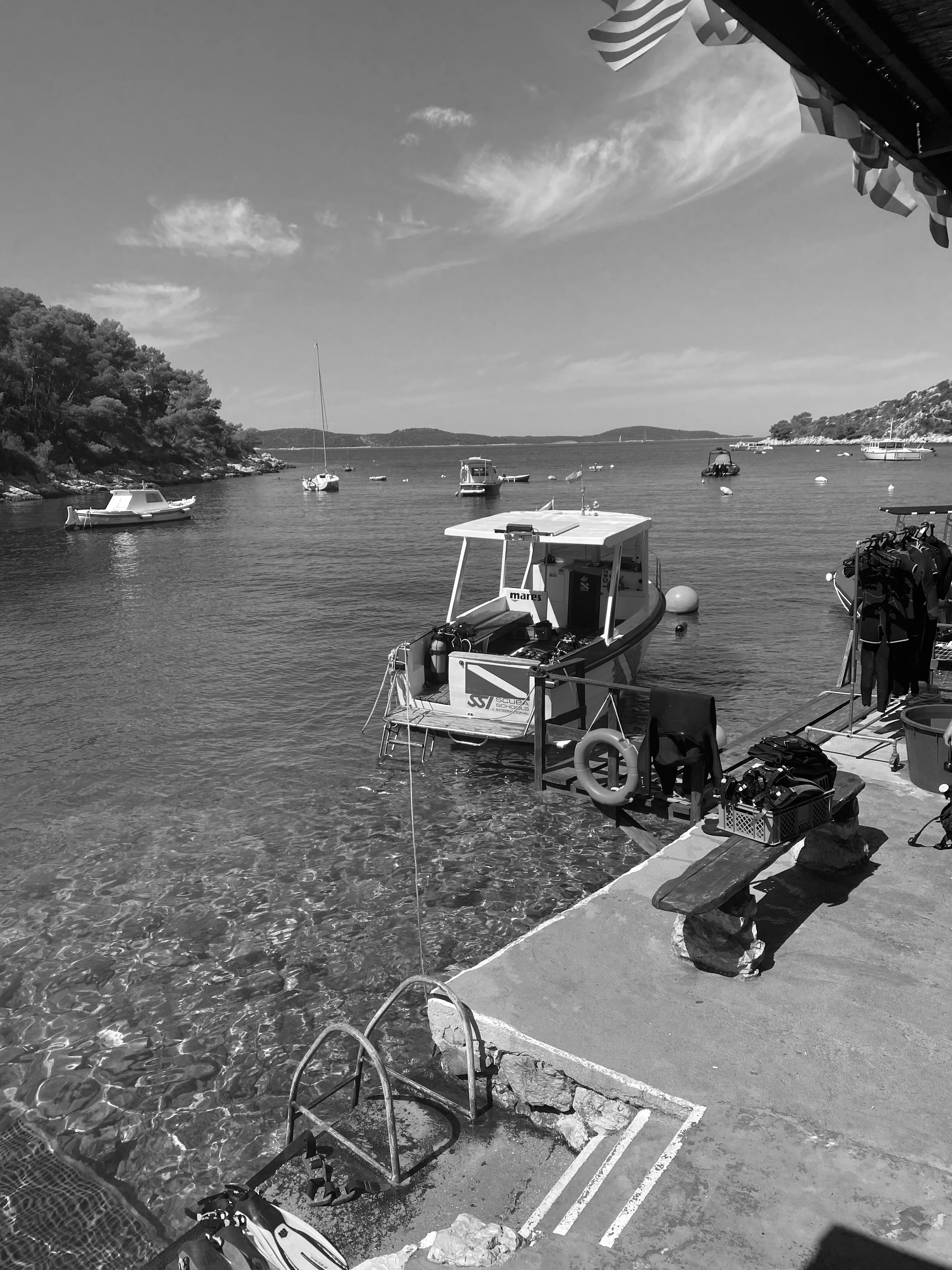
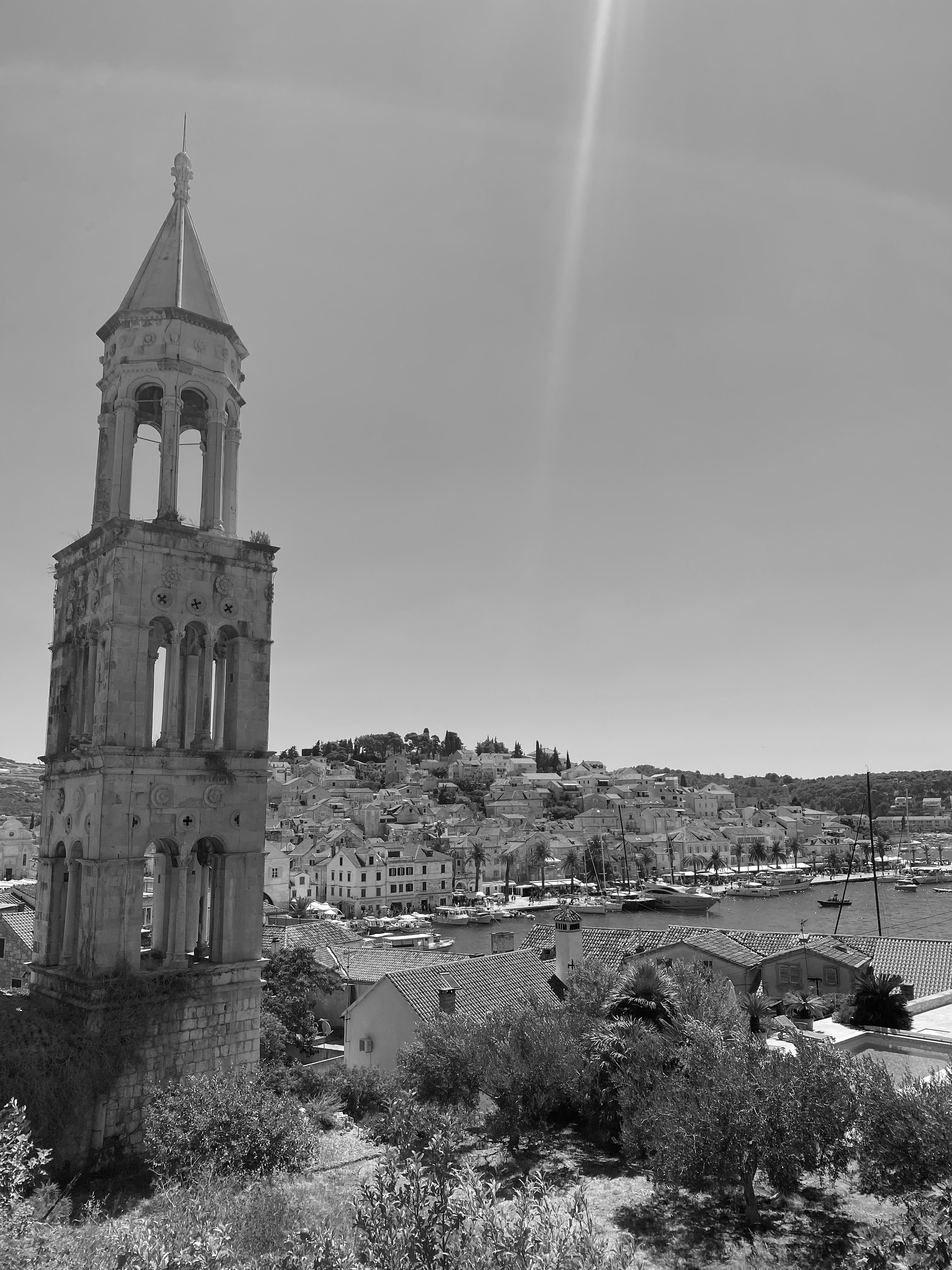
Onwards
I have now been in Boston longer than I was in Zürich, so this is finally starting to feel like a long-term home. I have realized I do some of my best thinking when I am alone, and not just alone in my room, but alone in a new environment, adapting to change, meeting friends and having long talks about things that are important to them. I am trying to set aside 1 day a month to have a solo adventure (this past weekend I went to an Eastern Massachusetts stamp conference alone!). Speaking of that, I started collecting stamps and postcards (new and old) during my Watson. That started as a “I wonder what people 100 years ago wrote to their families when they were traveling” – turns out it’s much the same as it is today. “We miss you.” “It’s hot here”. “Write me back”. Some of my most interesting conversations I had during my Watson were with postcard collectors who told me their life story when I asked how they started collecting. For me, this will always remind me of my Watson.
On the science side, I am working on analyzing my 16S, ITS, and metagenomics reads for the 350 samples I collected. I aim to probe differences between the same type of fermented food in different countries, find novel bacterial strains in rare spontaneous ferments, and trace community development during fermentation. I am writing a Qiime2 (microbial community software) plug-in for geographic visualizations and aim to host the map on an interactive website. It is incredibly important to me that this data is accessible, especially for the hundreds of people who shared their ferments with me during the past year.
Though my Watson has truly tested me at every turn, but I would not trade it for the world. Thank you all for reading and stay tuned for more science soon!
Liana Merk is a Watson fellow studying microbial diversity in fermented foods from around the world. She earned her undergraduate degree from Caltech in Bioengineering and will begin her PhD in Biophysics at Harvard in Fall 2022.
